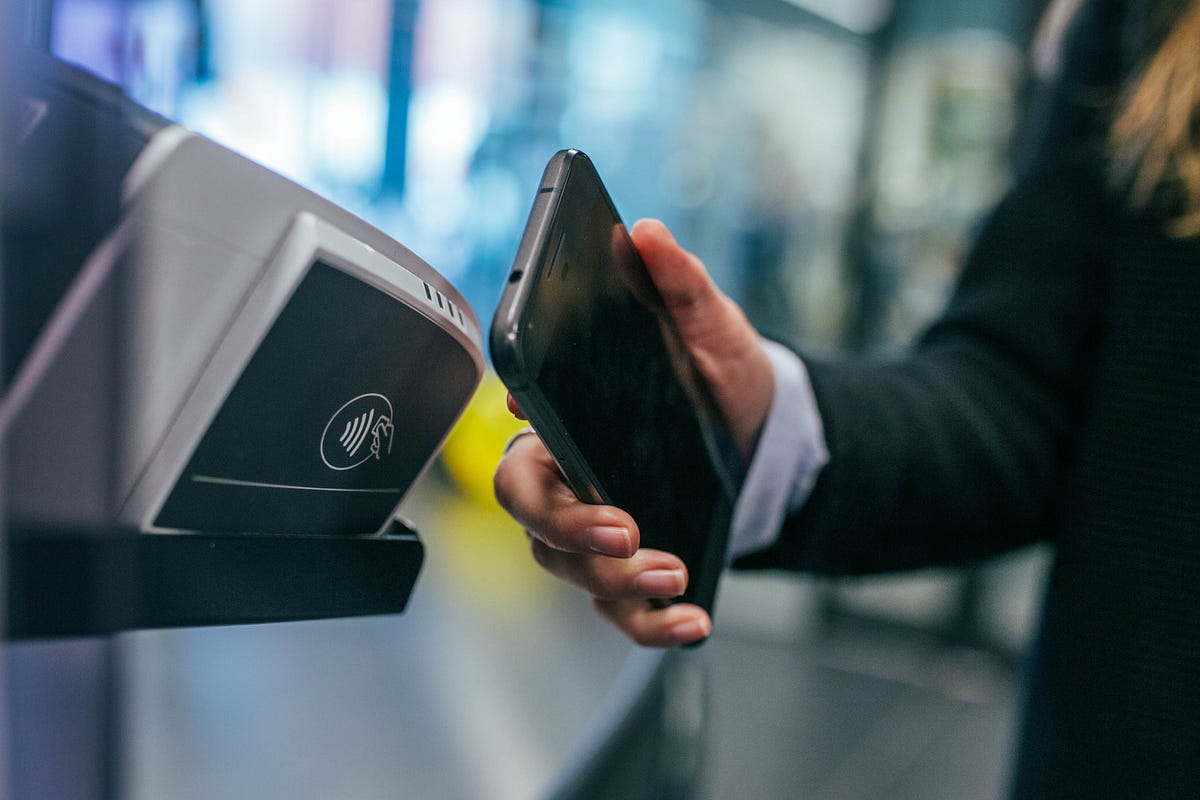On November 2016, India’s government did the improbable: it ordered its people and banks to embrace demonetization. Eighty-six percent of the banknotes then being circulated were suddenly rendered invalid. The move was aimed at dealing with the country’s notorious black market, but it led to much chaos in the immediate aftermath, given that 90% of India is dependent on fiat currency.
Image source: technovagh.com
The situation eventually improved; the country’s black market dilemma addressed. And the then incredulous and amused watching world is now catching up on the need to migrate to digital transactions. In a word: cashless. Recent technological innovations have paved the way for the decline in cash transactions worldwide, with ATM withdrawals becoming less frequent in both developed and developing countries.
This is complemented by the rise of alternative currency in the form of Bitcoin, Ethereum, and other cryptocurrencies. Blockchain has led to both an independent and interdependent model for decentralizing control of the value of money. And big businesses like PayPal, Microsoft, Expedia, and Shopify are now accepting Bitcoin as payment method.
Image source: medium.com
Because, aside from decreasing black market activity, going cashless is the best path for countries to reduce cost and increase tax revenues. Making fiat or paper currency requires considerable resources and manpower for administration. In fact, the U.S. alone spends $200 billion per year just to keep cash in circulation. On a more practical note, it’s more convenient not to be carrying cash around or being dependent on it, especially in less urbanized places with fewer ATMs.
Ormeus Coin by Ormeus Global is built on Ethereum. The new digital money system is supported by a fully-audited, $250-million industrial crypto mining operation. For related reads, visit thisblog.


No comments:
Post a Comment